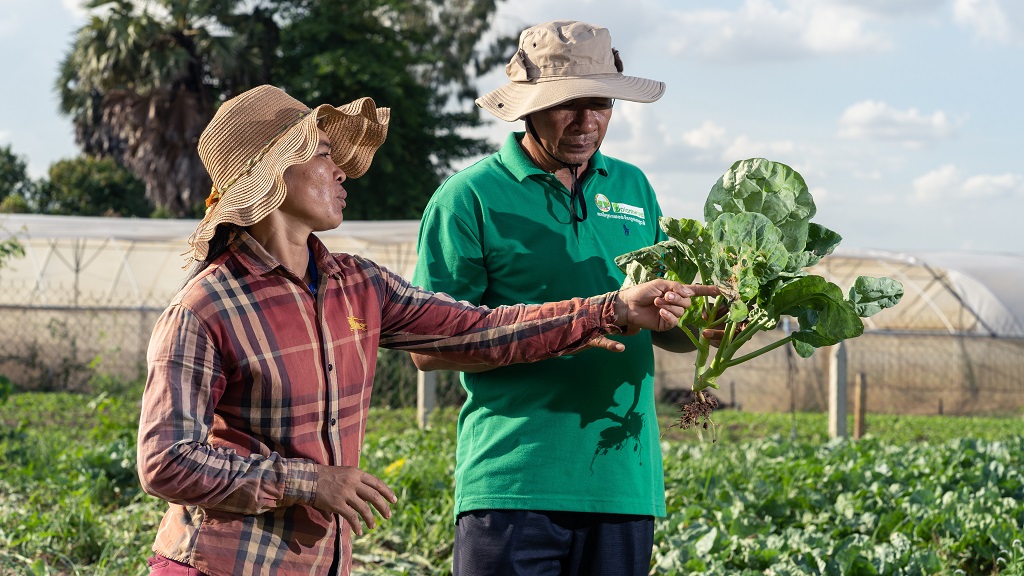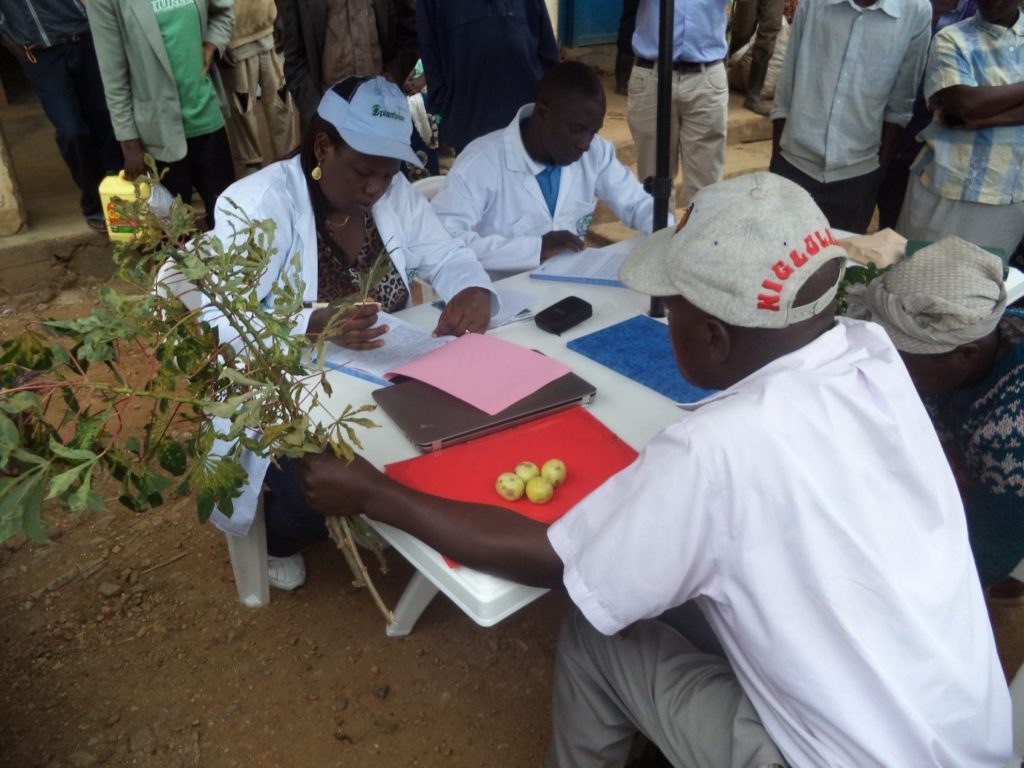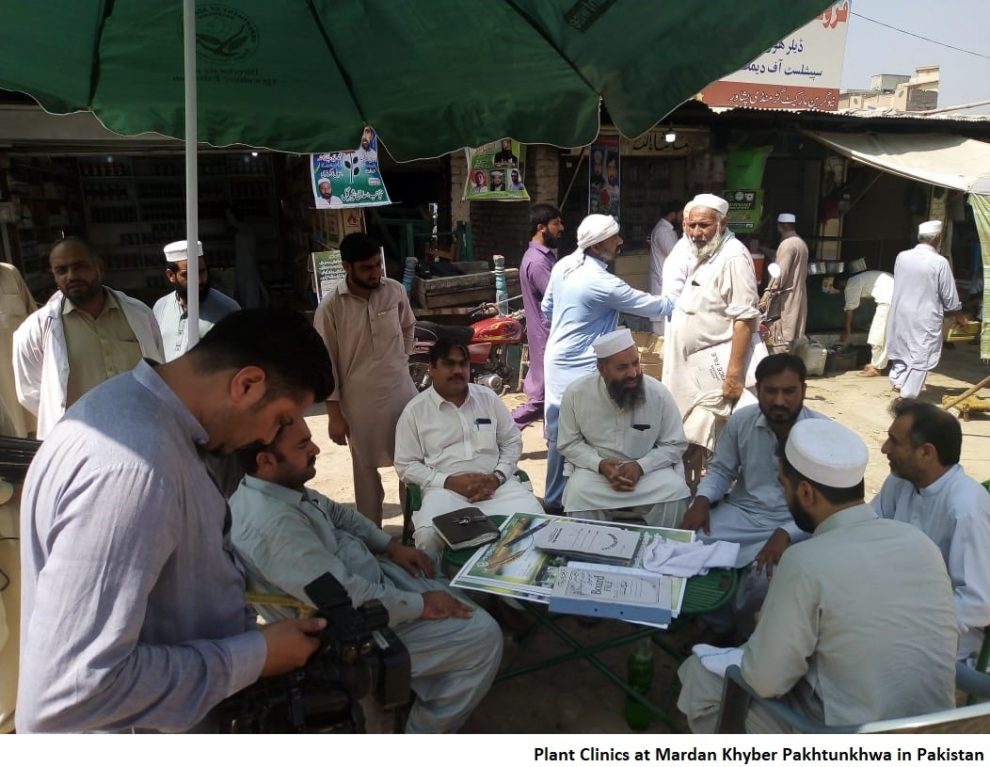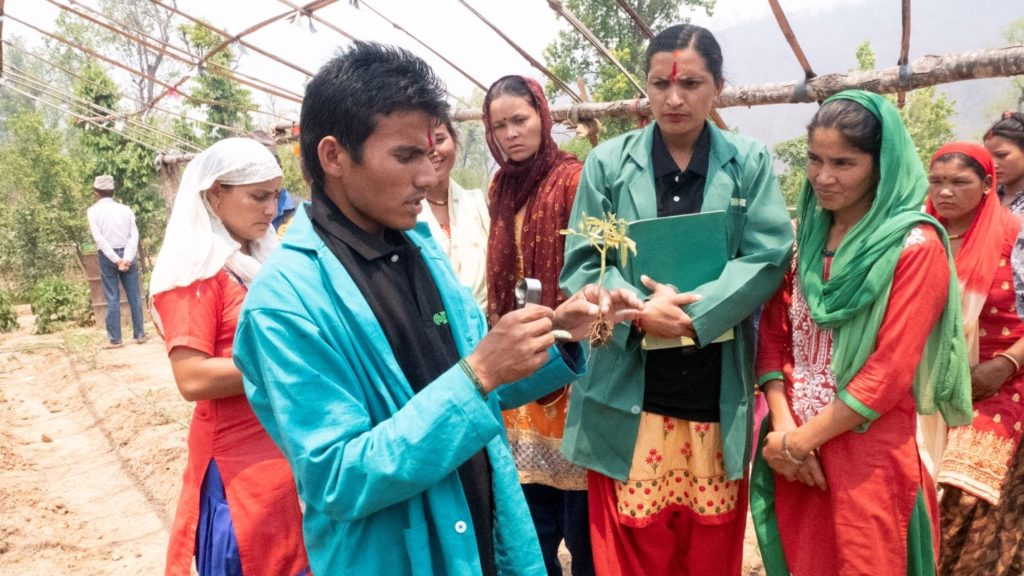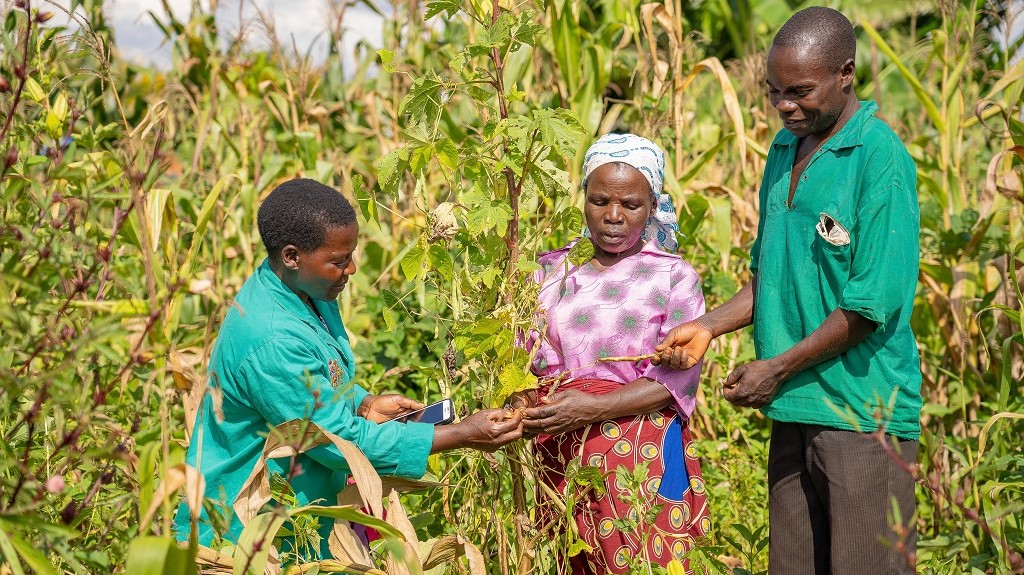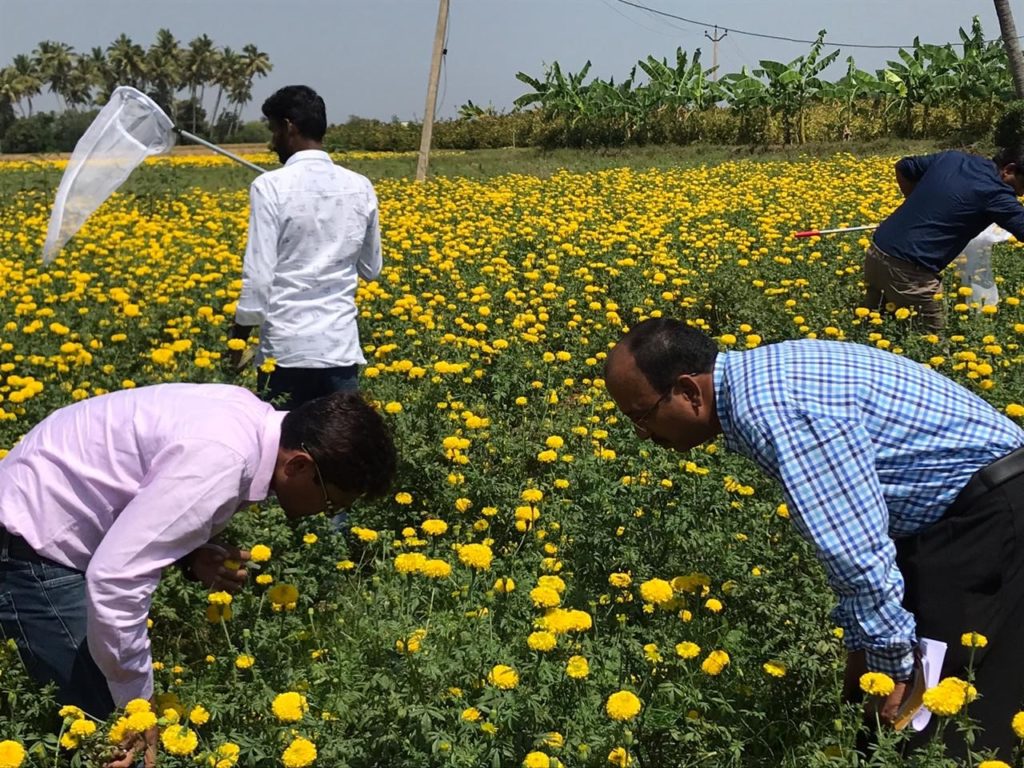Plantwise innovations highlighted in UN Climate Change report
CABI’s work in supporting agricultural decision-making for smallholder farmers using innovative digital tools has been featured in a new report by the United Nations Framework Convention on Climate Change (UNFCCC), the United Nations body coordinating climate action around the world.
Asian Farmers Consult Vibrant E-Plant Clinic Network In Pandemic Times
This article was originally published on aesa – Agricultural Extension in South Asia E-Plant clinics are meeting places where local agricultural advisory officers, known as plant doctors, help farmers struggling with plant pests and diseases. During the COVID-19 pandemic, plant clinics continued to provide advisory services to farmers by going online. Malvika Chaudhary shares her…
Developing ‘last mile’ extension services with Plantwise in Nepal
In Nepal, the Community Business Facilitator (CBF) plant doctor programme is a successful pilot. Linking with the private sector, it reaches those in remote rural areas – or ‘last mile’ communities – with plant protection services, substantially increasing incomes and reducing losses for smallholder farmers. The CBF plant doctors conduct clinics at their own cost…

